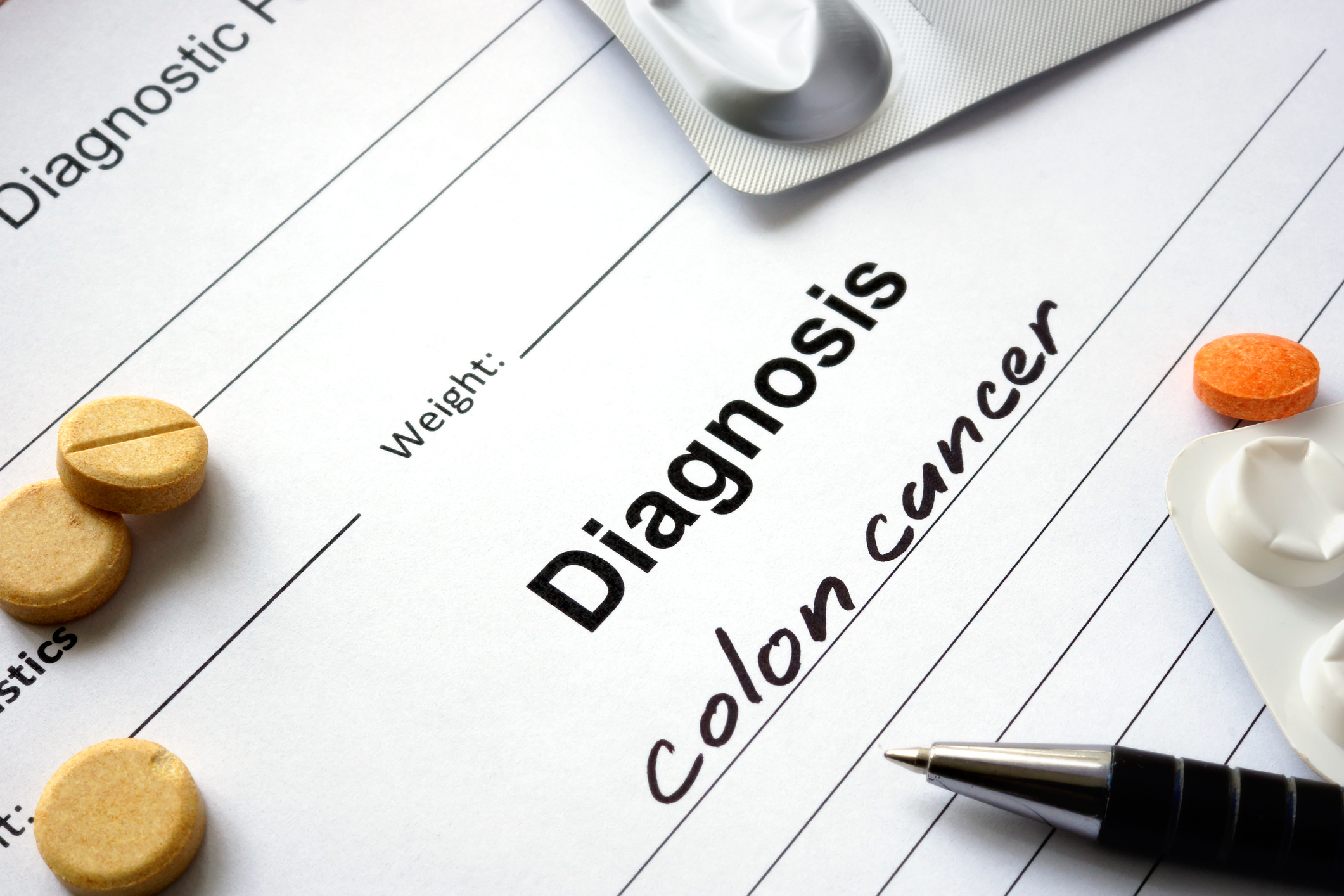Get Easy Health Digest™ in your inbox and don’t miss a thing when you subscribe today. Plus, get the free bonus report, Mother Nature’s Tips, Tricks and Remedies for Cholesterol, Blood Pressure & Blood Sugar as my way of saying welcome to the community!
Evade the colon cancer epidemic with one supplement

I recently had to go through my first colonoscopy ever. And, while the test itself and especially the prep before the test (if you’ve ever had it, you know exactly what I’m talking about) wasn’t fun to say the least, it was far better than the alternative of worrying whether or not I might be developing colorectal cancer.
Luckily, my results were negative and I won’t have to repeat the test for a few years.
However, going through the exam got me wondering whether I was doing enough to prevent future colon problems like cancer or not.
After all, colon cancer is no longer considered a disease of the elderly…
According to research, during the next 15 years more than 10 percent of colon cancers and about 25 percent of rectal cancers will be diagnosed in people under the age of 50. In fact, rectal cancer is expected to increase by more than 124 percent.
But, in my research, I discovered one simple supplement that can drastically reduce your chances of ever developing colorectal cancer…
Are you deficient in this cancer fighter?
For years, researchers have wondered whether vitamin D, known for its role in maintaining bone health, might also lower your colorectal cancer risk via several pathways related to cell growth and regulation. In other words, they thought it might stop cancer cells from both growing and spreading.
But, results of past studies have been inconsistent.
That’s why scientists at the Harvard T.H. Chan School of Public Health set out to settle the debate once and for all with a massive study of almost 13,000 people across the U.S., Europe and Asia.
And, the results are just one more win for the sunshine vitamin.
Here’s what they found…
Compared to people who had blood levels of vitamin D considered enough to keep their bones healthy (the bare minimum), those who were deficient in the vitamin had a 31 percent higher risk of ending up with colorectal cancer within an average of less than six years.
And, the opposite was also true…
Those who had high levels of vitamin D (higher than the amount for bone health) lowered their risk of colorectal cancer by a whopping 22 percent.
Getting the right amount of vitamin D
This means that upping your vitamin D levels is your first step to preventing colorectal cancer. But make sure you increase the right kind — vitamin D3 — if you supplement.
Vitamin D3 is the form produced when the sun hits your skin (as long as you have enough cholesterol in your body to complete the process), and it’s the most bioavailable. So, if you look for a supplement look for D3 or it’s full name cholecalciferol-D3.
How much should you get each day?
The ideal answer is between 5,000 and 10,000 IUs per day if you decide to take a supplement. Just remember that since vitamin D3 is a fat-soluble vitamin, it’s important to take it with some sort of fats or oils to make sure you’re able to absorb it and grab all its benefits.
Is food a good source of D?
Don’t expect to get the D you need from food sources solely. Most food sources are rather low, even fortified milk.
- Fish like mackerel, halibut, salmon, sardines and tuna
- Egg yolks (So stop eating just the egg whites)
- Beef liver
- Fortified milk
- Cheese
What kind of D are you getting in fortified foods? According to the U.S. Food and Drug Administration, manufacturers can voluntarily add up to 84 IU/100g of vitamin D3 to milk, 84 IU/100g of vitamin D2 to plant-based beverages intended as milk alternatives, and 89 IU/100g of vitamin D2 to plant-based yogurt alternatives.
Here comes the sun
If you choose to get your vitamin D3 through sun exposure, you should shoot for 10 to 15 minutes per day of direct sunlight, without sunscreen if you have a fair or medium skin tone (longer if your skin tone is darker).
To be sure that you’re getting enough direct sunlight, check to see that your shadow is shorter than you are. This way you know that the sun is high enough in the sky to allow your skin to make the vitamin D you need. And, if not wearing sunscreen worries you, try applying it only to your face and hands, leaving your arms and legs to catch the sun.
Colorectal cancer is a risk you simply can’t ignore but vitamin D3 gives you the tools you need to prevent it in one simple supplement. Begin your new vitamin D3 boosting routine today to keep your colon healthy for life.
Editor’s note: Discover how to live a cancer prevention lifestyle — using foods, vitamins, minerals and herbs — as well as little-known therapies allowed in other countries but denied to you by American mainstream medicine. Click here to discover Surviving Cancer! A Comprehensive Guide to Understanding the Causes, Treatments and Big Business Behind Medicine’s Most Frightening Diagnosis!
Sources
- Blood vitamin D levels linked to colorectal cancer risk — American Cancer Society
- Vitamin D for Milk and Milk Alternatives — U.S. Food and Drug Administration












